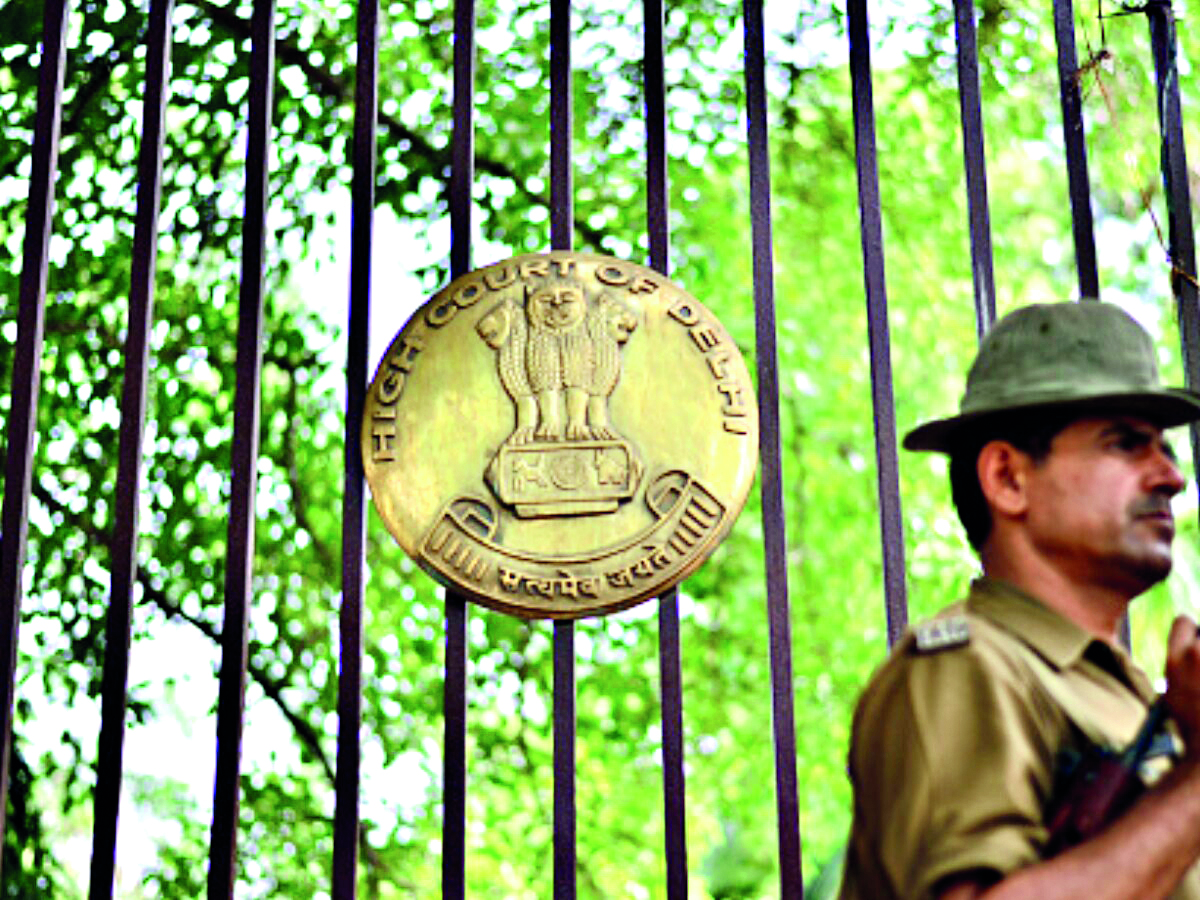HC dismisses plea for Chhath Puja at polluted Yamuna ghats

NEW DELHI: The Delhi High Court on Wednesday dismissed a public interest litigation (PIL) that sought to allow devotees to perform the Chhath Puja at the Geeta Colony Ghats along the Yamuna riverbed. A bench led by Chief Justice Manmohan and Justice Tushar Rao Gedela emphasised that such an event could pose serious health risks due to the extreme pollution levels in the river.
The PIL, filed by Purvanchal Nav Nirman Sansthan, had called for lifting the ban on performing Chhath Puja at the riverbed, arguing that the Yamuna could be cleaned up in time for the festival. However, the Delhi Government’s counsel, Santosh Kumar Tripathi, opposed the petition, pointing out that the Yamuna’s water quality is dangerously polluted. He warned that allowing public gatherings at the ghats could result in health hazards for the devotees, especially given the high contamination of the river. Tripathi further informed the court that the Delhi government had allocated over 1,000 alternative locations across the city for Chhath Puja celebrations. He assured that adequate arrangements had been made at these sites to ensure the safety and convenience of the devotees.
In its judgment, the court referred to a previous ruling in the Shabnam Burney case, where it was acknowledged that the pollution levels in the Yamuna were at an all-time high. The bench concluded that, in light of these concerns, it could not grant permission for the event at Geeta Colony, especially with the festival set to begin the following day.
Chief Justice Manmohan responded to the petitioner’s argument that the riverbed could be cleaned, saying, “Cleaning the Yamuna is a monumental task that cannot be done overnight. If you’re serious about this, you should get involved in the cleanup effort.” He criticized the discharge of untreated sewage into the river, both from industrial sources and unauthorized settlements along its banks, as a major factor behind the river’s pollution.
Manmohan highlighted deeper issues regarding the Yamuna’s pollution, attributing the problem to societal mind-set and political barriers prioritising votes over sustainable solutions. He stressed that a unified approach is essential but currently missing. Public response to the court’s decision was mixed: while some supported the ban on Chhath Puja at polluted ghats due to health concerns, others criticised the government’s lack of long-term action. Many urged proactive urban planning and river management beyond festival seasons to ensure safe conditions year-round.



